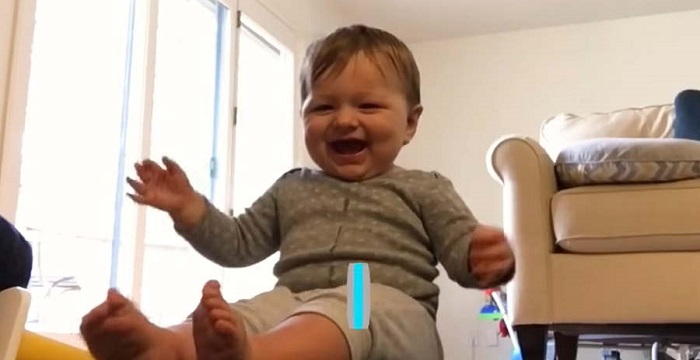
We all start prepping up months before the arrival of our little bud. Initially the preparations took over you and once you hold your baby in your arms, its care keeps you busy for most part of the day and night. Right from putting the baby to sleep to waking it up, feeding, cleaning, grooming, playing and caring, a baby comes with a plethora of activities that keeps parents, especially mothers, occupied and busy throughout the day.
Parents celebrate so many milestones during the first year of their little one’s life: first smile, first, crawl, first solid food, first word, and the first tooth that pops through the gum line that might make your heart skip a beat.
Teething is an aspect which though might seem very nominal but requires intensive care and concern in a baby's dental health, for if not well taken care of, a baby may suffer from bad dental hygiene all through its life. So if questions like how to clean my baby’s teeth? When to use toothpaste for brushing my baby’s teeth? When to start brushing baby gums? Do infants need oral care? Or When should I start cleaning my baby’s mouth are running through your mind then keep scrolling as we have you covered.
When Do I Start Cleaning My Baby’s Mouth?
We all feel that oral hygiene is related to teeth and till the time your toothless wonder does not have teeth, it is alright to not worry about its oral hygiene. But that should not be the case. One should not wait for the gumline to pop with the first teeth of your bundle of joy before you start your baby’s dental care. Taking care of the oral hygiene of your little one begins as soon as the baby is born.
Infant Oral Health or Gum brushing (0-6 months)
Oral care for newborns begins before its teeth pop on the gumline. Though a baby’s first teeth appears around 4-6 months of age, but that doesn’t relieve you from not taking care of your baby’s gums. When the foundation is strong, the building is bound to be sturdy and tough. The same rule applies to the gums of your little one. With your careful attention, the gums of your baby can highly benefit, allowing the first tooth to appear easily.
All you need to do is take a clean damp soft cloth or a gauze pad and gently rub the gums of your little one after every feed. This will help you to wash off and prevent bacteria from clinging on your baby’s gums.
Also make sure that you never let your baby sleep with a bottle in its mouth. It is also important to note that dental decay can be passed on from a parent to the infant through saliva. Thus, parents should never ever check the temperature of the formula milk by inserting the nipple of the bottle in their mouth.
When Should You Start Brushing Your Baby’s Teeth?
Usually the first teeth of your toothless wonder appear when the baby is 6 months to 8 months old. Now is the time when you can graduate to a toothbrush. Some doctors might suggest you to wait for four teeth to erupt in a row before you start brushing your baby’s teeth. Others may suggest that you should wait till the child turn 2 or 3 years old.
How Do I Care For My Baby’s First Teeth?
While you decide to choose when to start brushing your baby’s teeth, if you plan to wait for few more months, continue with the practise of using a gauge pad or soft cloth. While others who are worried about how do they brush or take care of their baby’s first teeth, we have you covered. You may choose a small headed, soft bristled brush with a long handle. Before you start brushing the teeth of your baby, you may soak the brush in warm water for sometime so that the bristles may become softer. You do not have to start using toothpaste at this stage; a simple toothbrush dipped in water would do the job. You may find difficulties in getting your baby accustomed to this habit, but do not give up, even if it isn’t accepting it. Leave the toothbrush aside and switch back to a damp washcloth. Try the toothbrush after a few weeks again. During the teething process, babies become restless and may chew on anything that comes across their way. As such, a toothbrush with a teether can help your baby get adjusted to the brush.
First Dentist Visit – (12 months – 18 months)
Your baby’s first visit to the dentist should be around its first birthday, that is, within six months of its first tooth’s eruption. Tooth decay is likely to occur even in the smallest of the teeth; thus, it is essential for you to take your baby to the dentist at an early age to avoid any kind of teeth problems. The doctor will examine the baby’s oral health and advise you with the best care for its teeth. Every visit to the dentist will make your child comfortable with brushing and attending regular checkups.

When To Use A Toothpaste For Brushing My Baby’s Teeth? – (18 Months – 5 Years)
Once your baby turns 2, you may just smear a very small amount of toothpaste on your baby’s brush and start using it as soon as the teeth erupt. Let your infant practice the habit of spitting out the toothpaste after brushing and not swallowing it. This will prepare your infant for using fluoride toothpaste, to be used at a later stage, which should not be swallowed at any age. Parents should start following a routine of brushing their child’s teeth twice a day by now.
By the time your baby turns 3; pea-sized amount of fluoridated toothpaste can be used. Nevertheless, do not use a toothpaste containing fluoride for the first two years, unless advised by your dentist, as fluoride can be harmful and dangerous for young children.
While you choose toothpaste for your baby, it is recommended to choose one with the American Dental Association's (ADA) Seal of Acceptance. Also read the label given by the manufacturer as some toothpastes are not recommended under certain age. You should strictly never share your baby’s toothbrush and make sure you replace it when it shows signs of wear or every 3 or 4 months, whichever is earlier.
It is also important for parents to schedule regular dental check-ups for their tiny buds. Any suspicious brown spots or white spots should immediately report to the dentist as they may denote cavities.
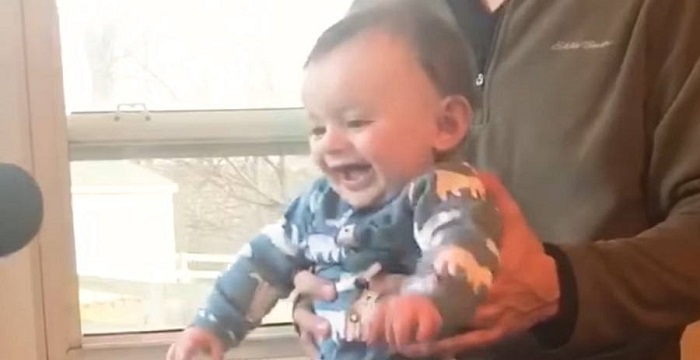
How To Avoid Or Reduce Cavities In Babies?
They say ‘prevention is better than cure.’ It is important for parents to not only care for their baby’s teeth but also protect them. In order to prevent cavities it is advisable to fill the baby’s bottle only with Breast milk, formula milk and water.
Try to avoid giving your child sugary drinks, fruit juices and sodas. Juices should only be used as a treats on very special occasions. Even milk can settle on baby’s teeth, so it is very important to maintain the oral hygiene of your baby after every feed. If your baby is used to go to bed or nap with sippy cup then you should fill them only with water. You baby’s pacifiers should also never be dipped in honey or sugar. This may result in baby tooth decay also known as baby bottle tooth decay.
If your baby has a habit of sleeping with bottle or your child consumes sweetened liquids, now is the time to break that habit. Try replacing the same with water or slowly start diluting the bottle contents. You should do away with the pacifiers by the time your child turns 2 or 3 as prolonged use of pacifiers may also result in changing the shape of the mouth of your child.
Many medicines given to the children might be flavoured and sugary. You need to watch out for that because the chances of cavities increase if these medicines stick on the teeth. It is important to consult your dentist about how many times your baby can brush its teeth in a day in order to keep their teeth healthy.
Set A Good Example
Young ones are mimicry experts and follow their elders instantly. Take advantage of this fact and set a good example for your child to follow. In order to ensure that your little one brushes and flosses its teeth, it is important for you to set an example. While your baby will watch you taking care of your oral hygiene she will inculcate the same habit from an early age.
How To Make Brushing Fun For Your Little One (Baby)?
You might have come across parents who complain – “My child won’t open its mouth to brush, how should I care for my baby’s teeth?”
If you are looking for an answer to this, we have got your back. In order to make brushing fun, you may offer your baby with a toothbrush that has his favourite character or introduce toothpaste of her favourite flavour. Singing songs or dancing to the tune of their loved rhyme will make brushing fun and an interesting activity. Investing in a motorized toothbrush can also make brushing exciting. And lastly, ‘hard work and consistency should be rewarded,’ but how, only you know it best!
Teething – Few Tips To Relieve Your Baby’s Teething Pain
Teeth pop out at different times for children and the process is known as teething. Teething is not a very comfortable process. And as parents there is not much that can be done about it. Your baby’s teeth will make their way through their gums by the time she turns 2. Infants become fussy and cry frequently sometimes weeks before their teeth start to grow. Teething can be a testing time for you and your bundle of joy. Some infants may also show signs like swollen gums, slightly higher temperature or drooling when their tooth is making its way through their gums. However, different children behave differently when it comes to teething.
You can make few efforts to relieve your teeny-weeny by letting it chew a clean cool teething ring. Make sure that the teething ring is not filled with any liquid as it could break open in your baby’s mouth. In order to soothe your baby, clean your finger and try rubbing it on your baby’s gums. Giving your baby some cold object to suck may help to soothe your baby. Topical pain relievers come handy as they soothe the pain when rubbed on the gums, but you should use them only after consulting your doctor. You may give your baby mushier food that requires less chewing. You should also consult your paediatrician if your baby gets too fussy, inconsolable or irritable.
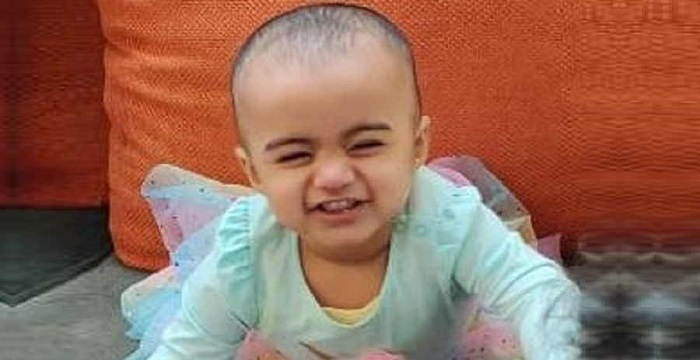
Conclusion
As a mother, I personally feel it is not very thoughtful to wait for all the teeth to pop out before you start taking care of your child’s oral hygiene. Good dental health should be cultivated as soon as your baby is born. As parents, our main objective should be to encourage good oral habits from an early age, so that our children grow up into adults with healthy, cavity-free teeth. You should never forget that only healthy milk teeth will result in healthy permanent teeth and for that sometimes you might have to hammer away, but it will be worth the effort when your little one will give you that glistering smile.
Article Source:
Sources - https://www.healthline.com/health/baby/brushing-baby-teeth
https://www.webmd.com/parenting/baby/caring-babies-teeth
https://www.pediatricdentalspecialist.com/pediatric-dental-topics/dental-hygiene-for-babies-and-toddlers/
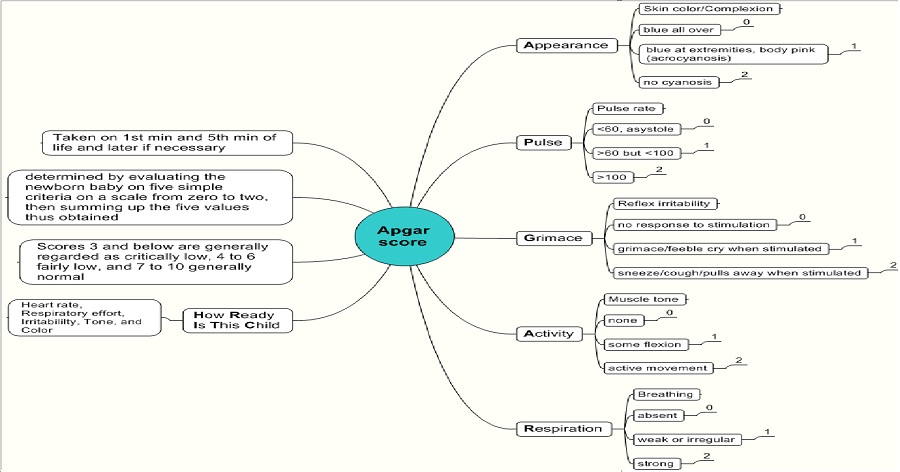 APGAR Score
APGAR Score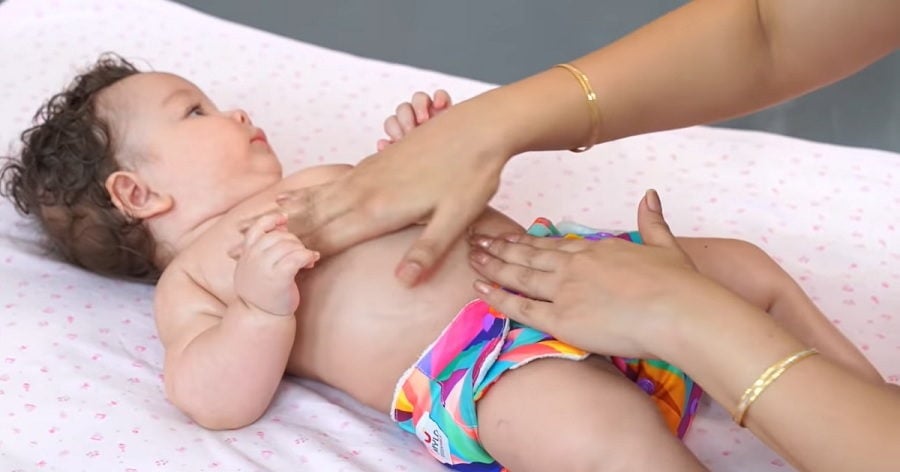 Baby Massage Tips & Techniques – How And At What Age Should You Start Massaging Your Baby?
Baby Massage Tips & Techniques – How And At What Age Should You Start Massaging Your Baby?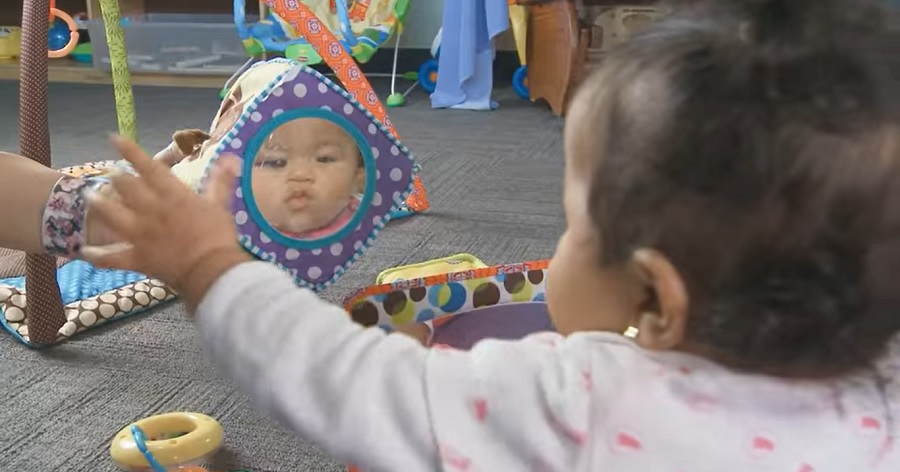 Activities For Infants: Fun And Engaging Ways To Play With Your Newborn
Activities For Infants: Fun And Engaging Ways To Play With Your Newborn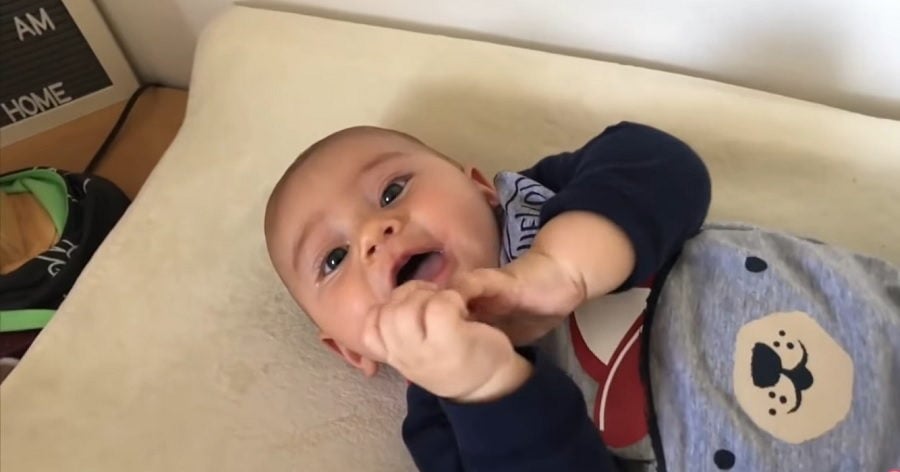 Baby Sign Language
Baby Sign Language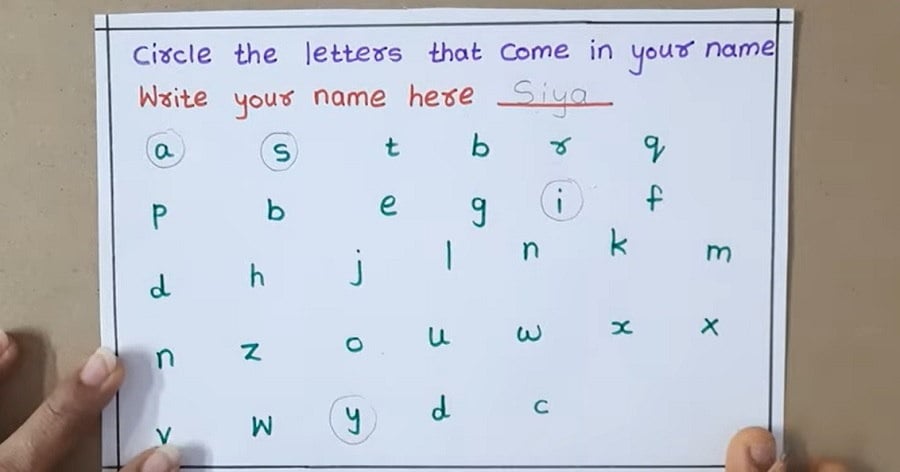 Brain-Building Fun Activities For Your Toddler: Ways To Keep Your Child Busy
Brain-Building Fun Activities For Your Toddler: Ways To Keep Your Child Busy